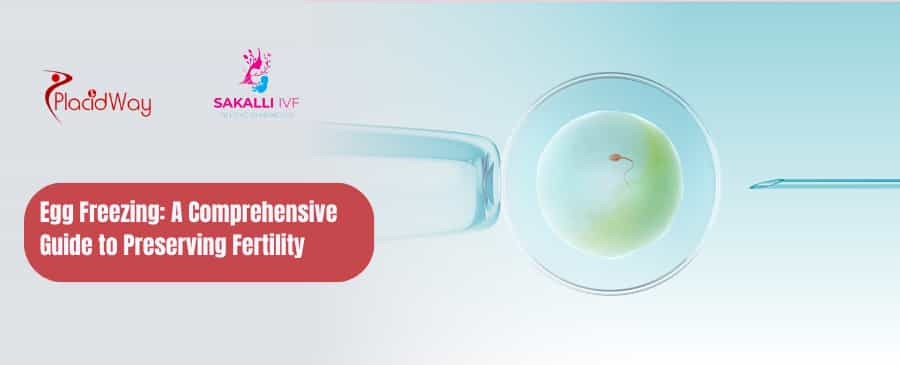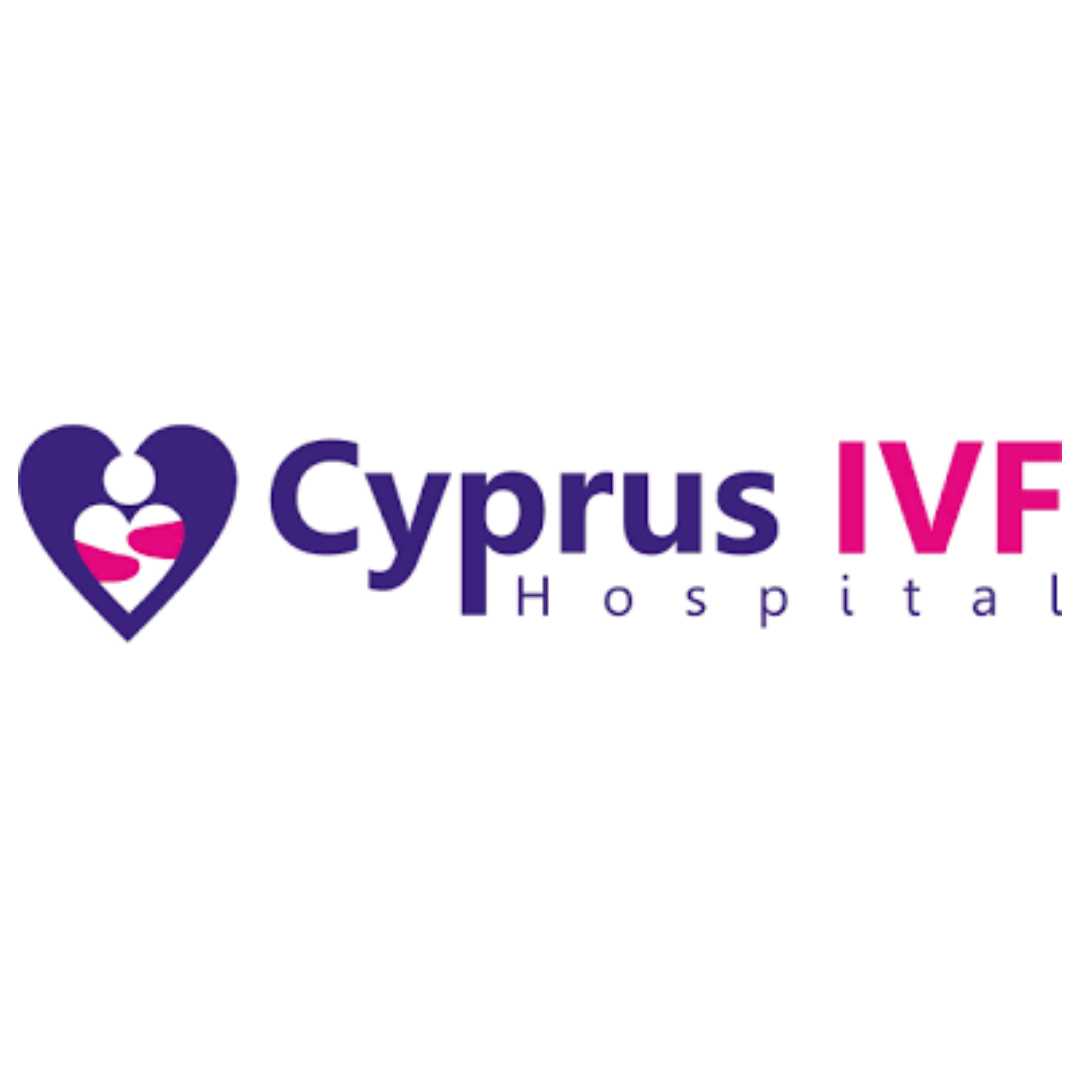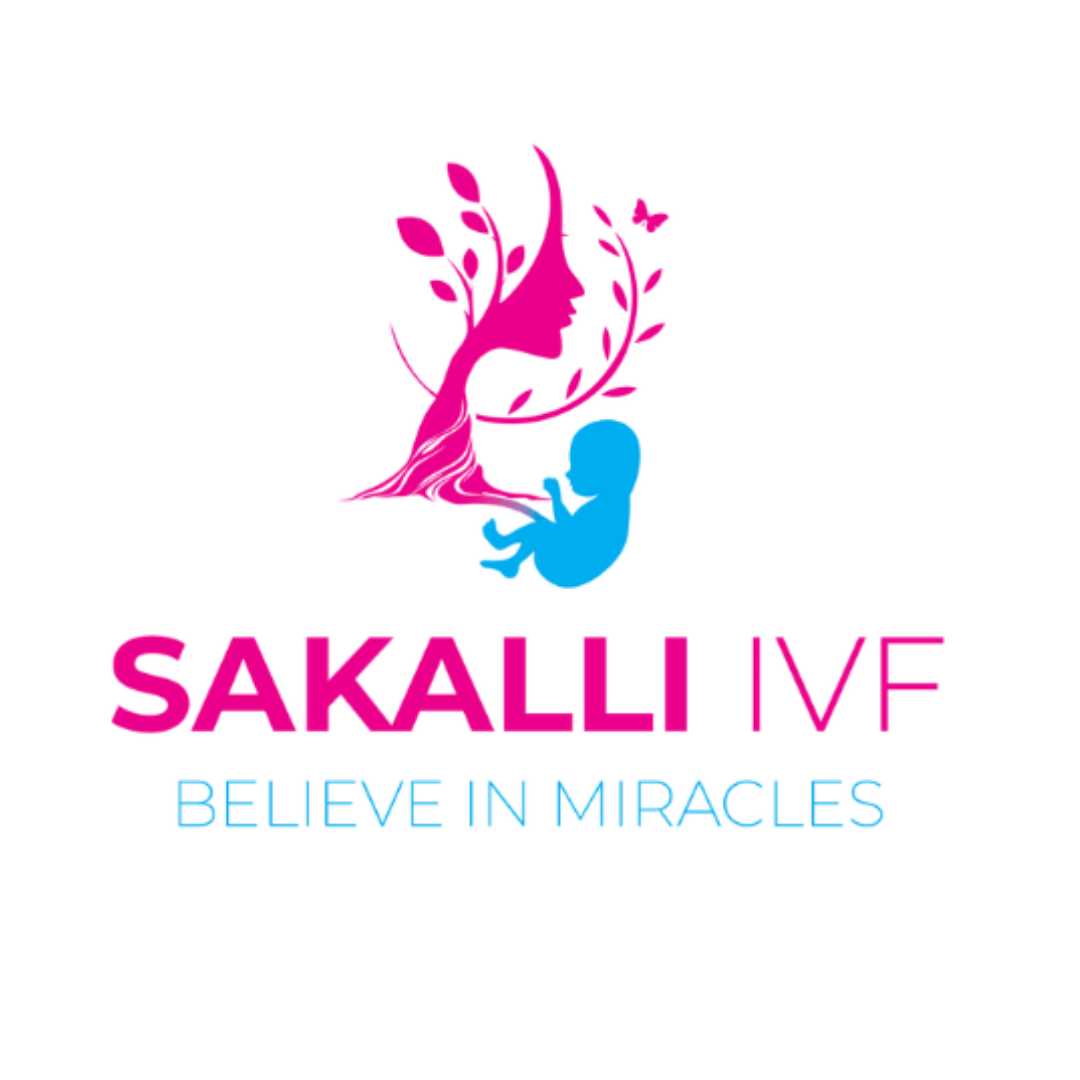
What is Egg Freezing?
Egg freezing, or oocyte cryopreservation, is a procedure in which a woman’s eggs (oocytes) are extracted, frozen, and stored to preserve reproductive potential. This process allows women to delay childbearing and preserve their fertility, offering them the ability to start a family in the future. The first human birth from a frozen egg was reported in 1986, and since then, the technology has greatly advanced, increasing the survival rate of eggs during the freezing process.
Egg freezing is typically done when a woman is younger, as egg quality and quantity decline with age. The goal is to preserve high-quality eggs for future use, ensuring better chances of conception when the woman is ready to become pregnant.
Who Needs Egg Freezing?
Egg freezing can benefit women in various situations, including those who want to preserve their fertility for medical, personal, or social reasons:
-
Women with Cancer: Chemotherapy or radiation treatments can damage the ovaries and reduce fertility. Egg freezing before starting these treatments can preserve fertility.
-
Women Undergoing Surgery: Certain surgeries, such as those that may involve ovary removal or other procedures affecting fertility, can make egg freezing a viable option.
-
Women with Chromosomal Abnormalities: Women with conditions like Turner syndrome or fragile X syndrome may face a higher risk of early menopause or premature ovarian insufficiency, making egg freezing a proactive step.
-
Women with Ovarian Diseases: Conditions that damage the ovaries, such as endometriosis, may reduce the chance of natural conception, making egg freezing an option.
-
Women with Genetic Mutations: Those with genetic mutations (e.g., BRCA mutations) that may require ovary removal or increase the risk of ovarian cancer can benefit from egg freezing.
-
Social or Personal Reasons: Some women may choose to freeze their eggs to delay childbearing until a more suitable time in their lives, such as later in their careers or after securing a stable relationship.
-
Women at Risk of Injury or Death: Women deployed to high-risk areas (e.g., war zones) might choose egg freezing to preserve fertility in case of injury or death.
-
Women Transitioning to Men: Transgender men who want to preserve fertility before starting hormone therapy or undergoing surgery may opt for egg freezing.
How Will the Eggs be Used in the Future?
When the frozen eggs are ready to be used for pregnancy, they are thawed and assessed for viability. Viable eggs are then fertilized using intracytoplasmic sperm injection (ICSI), a procedure where a single sperm is directly injected into the egg to facilitate fertilization.
After fertilization, the embryos grow in an incubator for about 3-5 days until they are ready for transfer into the uterus. The transfer is performed by embryologists, and the goal is for the embryo to successfully implant in the uterine lining and result in a pregnancy.
What Does the Egg Freezing Process Entail?
The egg freezing process involves several key steps:
-
Screening and Blood Tests:
-
Before the procedure, blood tests are performed to check for any contagious diseases like HIV or hepatitis. This ensures that any eggs donated are safe from contamination.
-
-
IVF Preparation:
-
The IVF process typically takes about two to three weeks. This begins with hormonal medications to stimulate the ovaries, promoting the maturation of eggs.
-
For women with low ovarian reserves (low egg count), egg retrieval may be more challenging, but about 15 eggs are typically collected in most cases.
-
-
Egg Retrieval:
-
Eggs are retrieved through a minor outpatient procedure. Under mild sedation, an ultrasound-guided needle is used to collect the eggs from the ovaries.
-
-
Fertilization and Freezing:
-
The collected eggs are fertilized using sperm from the partner or a donor. If desired, genetic testing can be done at this point. After fertilization, viable embryos are frozen and stored until needed.
-
Benefits of Egg Freezing
-
Preserves Fertility for the Future: Freezing eggs at a younger age allows women to preserve high-quality eggs, ensuring better fertility outcomes later in life.
-
Flexibility in Family Planning: Egg freezing allows women to delay pregnancy until a more suitable time, whether for medical, social, or personal reasons.
-
Provides Security for Cancer Patients: Women undergoing cancer treatments can preserve their fertility before treatments that may damage the ovaries.
-
Increased Success Rates with Younger Eggs: Eggs retrieved from younger women have a higher chance of leading to successful pregnancies.
How to Know if You're a Good Candidate for Egg Freezing
To determine whether you're a good candidate for egg freezing, there are several factors to consider. Here are the main considerations that fertility specialists typically evaluate:
1. Age
-
Ideal Age: The best time to freeze eggs is generally between 30 and 35 years old. Egg quality tends to decline after the age of 35, so freezing eggs earlier increases the chances of success.
-
After 35: While egg freezing is still an option for women over 35, the success rates tend to be lower. Egg quality declines with age, which may impact the likelihood of a successful pregnancy later.
2. Ovarian Reserve
-
What is Ovarian Reserve? This refers to the quantity and quality of eggs in your ovaries. Your fertility specialist may assess ovarian reserve through tests like:
-
AMH (Anti-Müllerian Hormone) Test: Measures the level of AMH, which is an indicator of the number of eggs remaining in your ovaries.
-
Antral Follicle Count (AFC): An ultrasound to count the visible follicles in your ovaries, which are potential eggs for retrieval.
-
FSH (Follicle-Stimulating Hormone) Test: High levels of FSH may indicate lower ovarian reserve.
-
A fertility specialist can evaluate your ovarian reserve and guide you in deciding if egg freezing is the right option.
3. Health Status
-
Overall Health: You should be in good general health before undergoing the egg freezing process. Conditions such as chronic diseases, obesity, or uncontrolled illnesses might affect the chances of a successful egg retrieval.
-
Reproductive Health: If you have conditions that affect your fertility, such as endometriosis, ovarian cysts, or polycystic ovary syndrome (PCOS), egg freezing may still be an option, but these conditions might influence your ovarian reserve and response to fertility medications.
4. Medical or Personal Reasons
-
Cancer Treatment: If you are undergoing cancer treatments (chemotherapy, radiation), egg freezing is highly recommended to preserve fertility before treatments that may damage your ovaries.
-
Surgical Reasons: If you are undergoing surgery that may affect the ovaries, like ovary removal or certain gynecological procedures, egg freezing can help preserve fertility for future use.
-
Social or Career Reasons: If you wish to delay childbearing for personal reasons (career, relationship, etc.), egg freezing allows you to preserve the best quality eggs for later use.
5. Emotional and Financial Preparedness
-
Commitment: The egg freezing process involves time, physical preparation, and emotional commitment. It’s essential to be prepared for the process, which includes hormone treatments, egg retrieval, and possible future IVF cycles.
-
Cost Considerations: Egg freezing can be expensive. Costs typically include hormone treatment, egg retrieval, storage, and possibly genetic testing. It's important to understand the financial commitment involved.
6. Fertility Evaluation
-
Consult with a Fertility Specialist: A fertility specialist like Dr. Mustafa SAKALLI can help assess whether you're a good candidate for egg freezing. The specialist will perform a detailed evaluation, including hormone tests, ultrasound scans, and an overall assessment of your reproductive health.
7. Risks Involved
-
Ovarian Hyperstimulation Syndrome (OHSS): This is a condition where the ovaries become swollen and painful due to the fertility drugs used during the stimulation process. It’s relatively rare but is something your fertility specialist will monitor.
-
Success Rates: Your age and ovarian reserve are key factors in determining the likelihood of success with egg freezing. The fertility specialist will discuss the risks and the likelihood of future success, depending on your unique situation.
How to Know if You’re a Good Candidate:
-
Schedule a Consultation with a Fertility Specialist: The most reliable way to know if you're a good candidate for egg freezing is to consult with Dr. Mustafa SAKALLI a fertility specialist who can evaluate your ovarian reserve, overall health, and fertility potential.
-
Get Tested: Tests like AMH, AFC, and FSH will help assess your fertility potential and guide the decision.
-
Consider Your Age and Reproductive Goals: If you're in your late 20s to early 30s, it's a great time to consider egg freezing, as the eggs collected at this age have a higher chance of successful pregnancy in the future.
-
Assess Your Emotional and Financial Readiness: Be prepared for the emotional and financial aspects of egg freezing, as it can involve multiple stages and costs.
If you're considering egg freezing and want to understand your eligibility, reach out to a fertility clinic to discuss your options. A specialist can help you navigate the process and determine the best plan for your future fertility preservation.
Frequently Asked Questions (FAQs)
1. What age is ideal for egg freezing?
The ideal age for egg freezing is typically between 30 and 35. The quality and quantity of eggs decline after age 35, so it’s best to freeze eggs earlier for the highest chances of success.
2. How long can frozen eggs be stored?
Frozen eggs can be stored indefinitely. However, it is generally recommended to use them within 5-10 years to optimize the chances of success.
3. How much does egg freezing cost?
The cost of egg freezing varies depending on the clinic and location, but it generally includes egg retrieval, fertilization, freezing, and storage fees. Consult with your clinic for a detailed cost breakdown.
4. Is egg freezing a guaranteed solution for fertility?
While egg freezing preserves fertility, it does not guarantee a successful pregnancy. Factors such as egg quality, the age at which the eggs were frozen, and the quality of sperm used for fertilization play significant roles in the outcome.
5. Can I use frozen eggs for IVF later?
Yes, frozen eggs can be thawed, fertilized with sperm, and used in IVF. This allows you to plan your pregnancy at a time that suits you, with eggs that were preserved when they were at their highest quality.
6. Does egg freezing impact my health?
The egg freezing process is generally safe, but like any medical procedure, it involves some risks, such as ovarian hyperstimulation syndrome (OHSS). Your fertility specialist will closely monitor you to minimize risks.
7. How many eggs should I freeze?
The number of eggs needed depends on various factors, including age and ovarian reserve. Typically, freezing 15-20 eggs can provide a good chance of a successful pregnancy, but your fertility specialist will guide you based on your specific situation.
8. What is the success rate of egg freezing?
The success rate of egg freezing depends on factors such as the age of the eggs at the time of freezing and the number of eggs retrieved. Generally, younger women (under 35) have higher success rates.
Get Free Quote Today
If you’re considering egg freezing to preserve your fertility for the future, contact Sakalli IVF today. Our fertility specialists offer personalized care and guidance through every step of the egg freezing process. With advanced techniques and high success rates, we’re here to help you take control of your reproductive future.





.png)
.png)
.png)
.png)

.png)

.png)
.png)



Share this listing